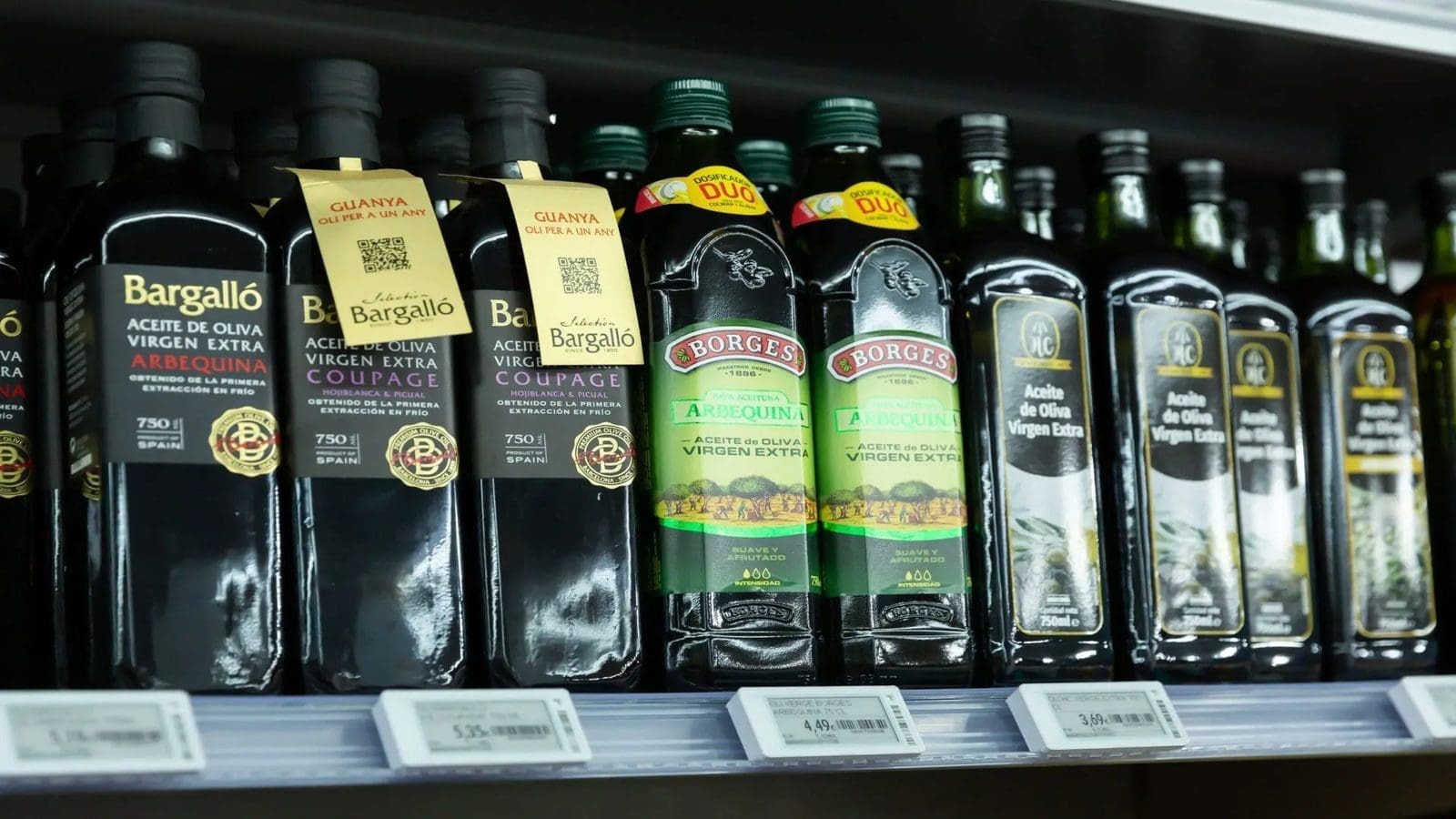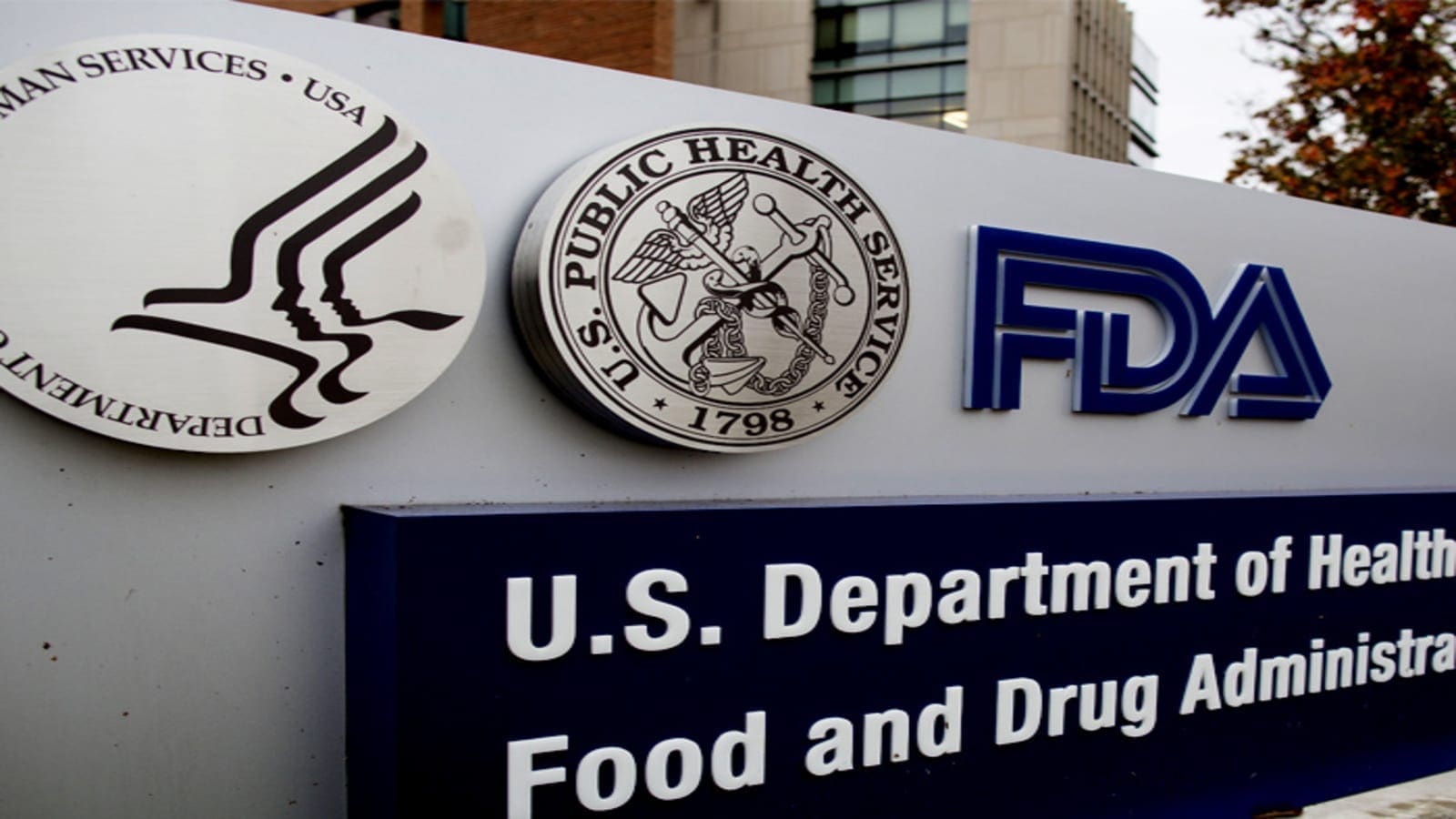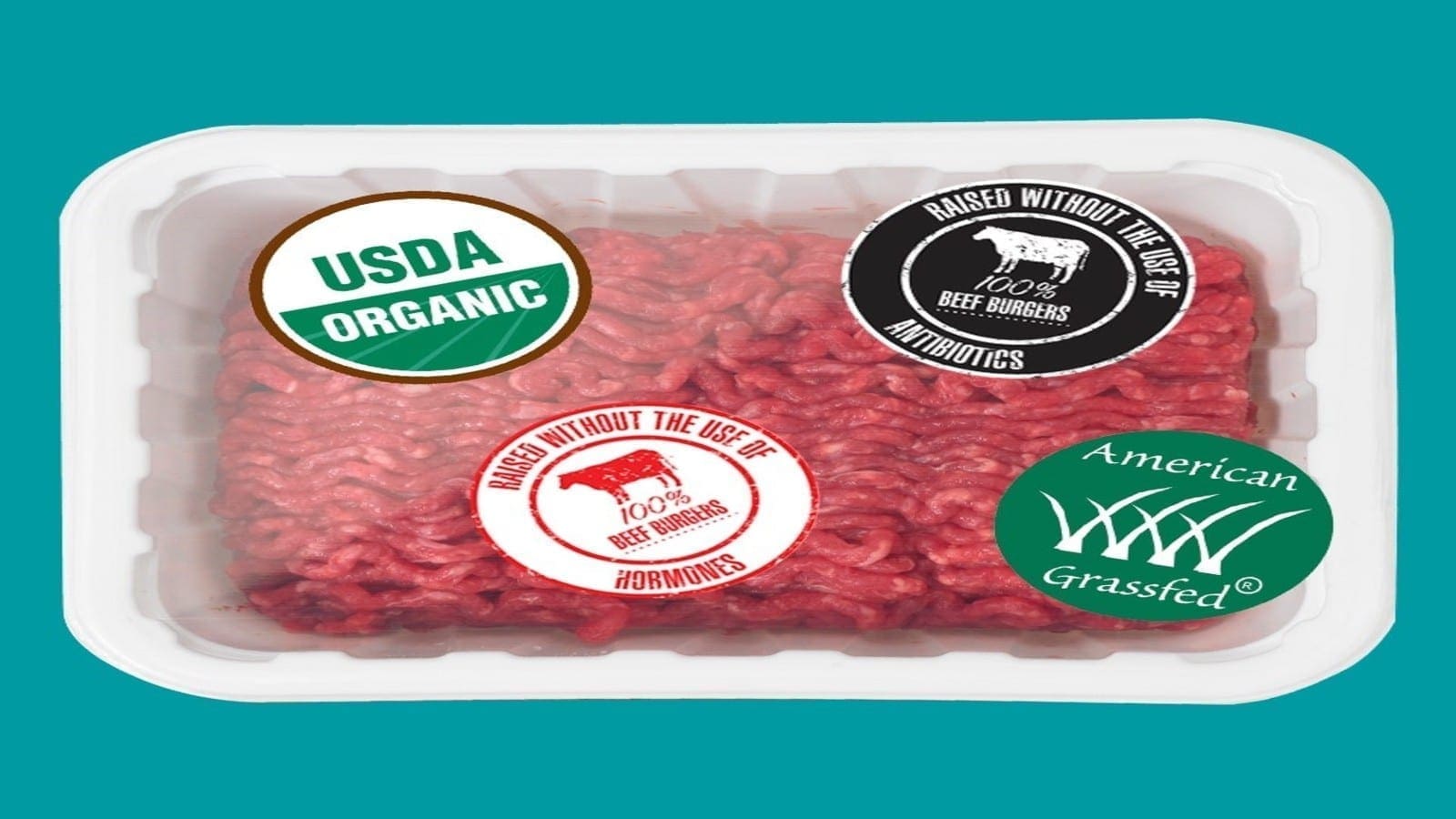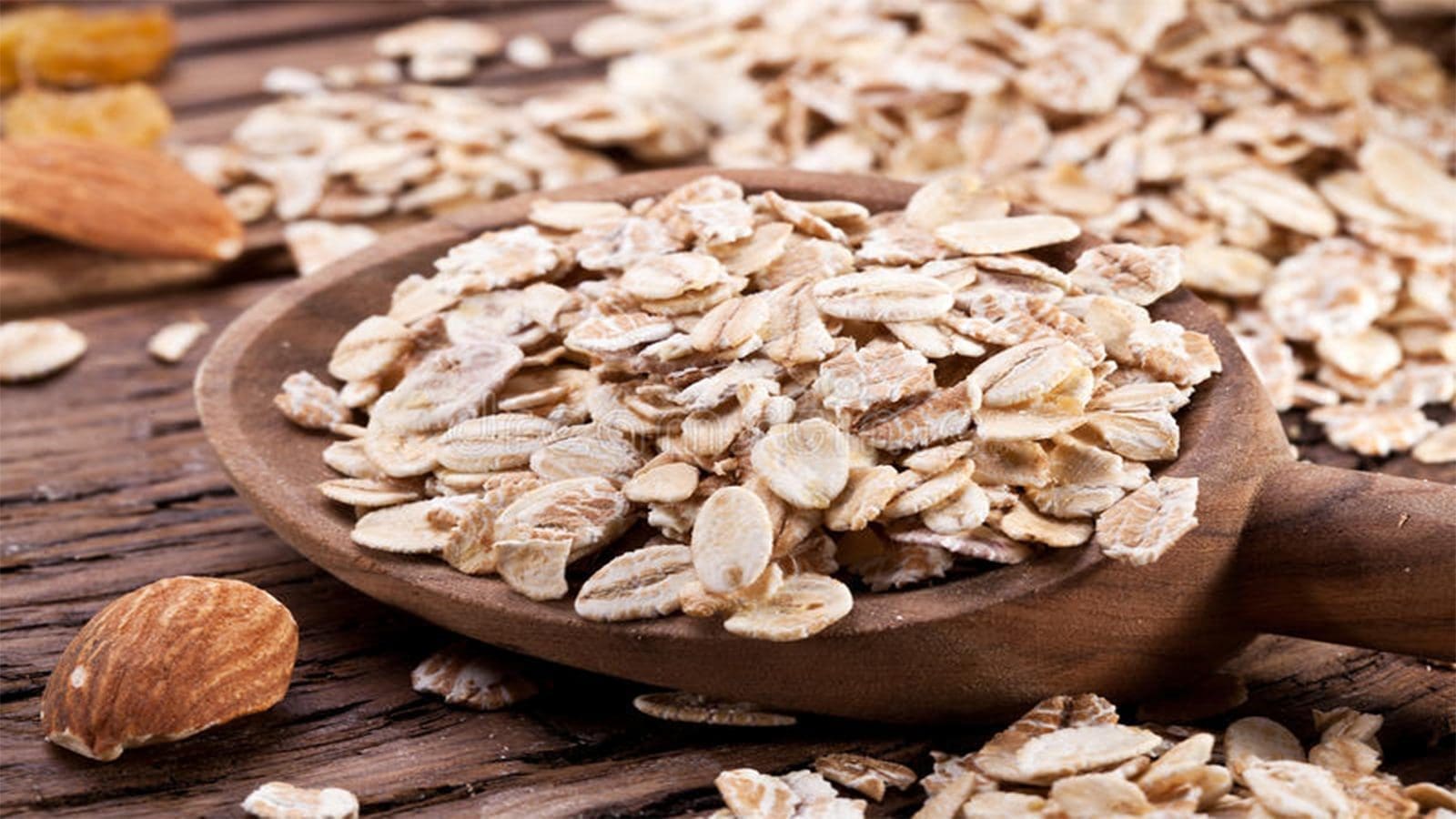SPAIN – The Spanish Ministry of Agriculture, Food and Fisheries has approved a new set of laws and regulations governing olive oil quality standards for the first time in almost 40 years.
The update to the 1983 royal decree includes a series of requirements for traceability, preparation and packaging of the final product. The ministry said that its goal is to add value to the country’s extra virgin olive oil production and increase consumer awareness about the organoleptic and healthy qualities of the product.
To that end, the ministry has restricted the use of the terms “virgin” and “extra virgin” solely to olive oil. No other type of edible oil will be permitted to use the terms on its label, including vegetable oils that have been blended with virgin or extra virgin olive oil.
The ministry has also cracked down on the practice known locally as refrescado, or the blending of virgin olive oils from the current crop year with oils from previous campaigns to improve the organoleptic characteristics of the older product. It said the practice, which was explicitly permitted in the previous royal decree, shortened the shelf-life of the resulting blend.
To improve traceability and crackdown on olive oil fraud, the ministry said it will launch a digital standardized traceability system. While details on the system remain limited, the ministry said the idea will be to ensure that the shipments of bulk oils are accompanied by publicly available official documents.
“This control system, which does not exist in any other country in the world, places Spain at the forefront of the quality requirements of olive oil.”
Along with the new regulations, the ministry said it will work with the olive oil sector to specifically promote extra virgin olive oil consumption. The ministry also sent a stern reminder to the restaurant and hospitality sector that all extra virgin olive oil must be provided in non-refillable containers, as stated by Olive Oil Times.
The ratification of the royal decree comes just as the ministry expects the olive oil stock to reach 378,400 tons at the end of the 2020/21 crop year, a substantial decrease compared with the previous period.
Decreasing olive oil stocks will come as good news to producers, as less availability may lead to higher olive oil prices in the 2021/22 crop year.
Liked this article? Subscribe to Food Safety Africa News, our regular email newsletters with the latest news insights from Africa and the World’s food safety, quality and compliance. SUBSCRIBE HERE








